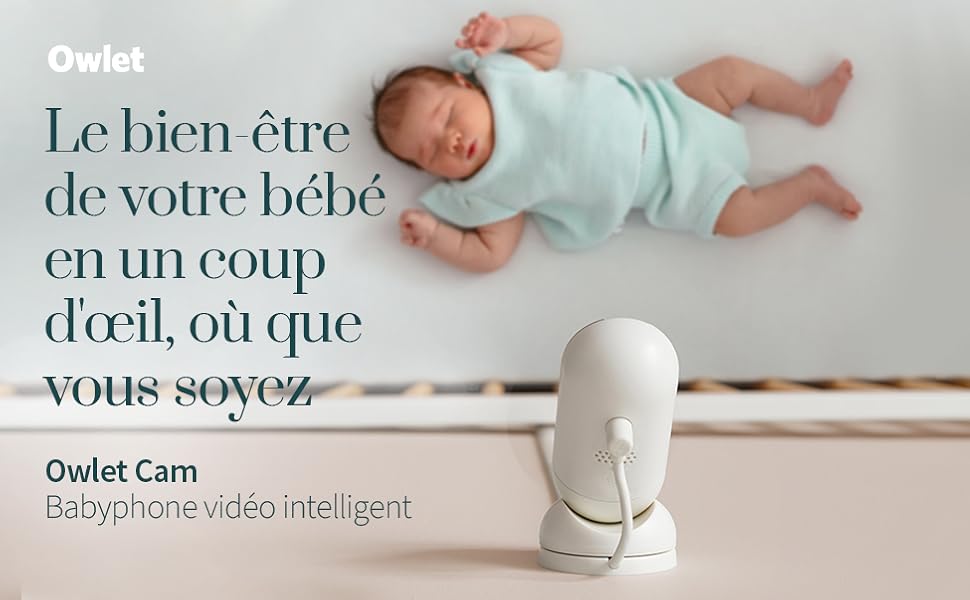Hidden cameras can be effective tools for enhancing security, protecting your property and discreetly monitoring specific situations. However, their use is strictly regulated, particularly in Europe, to guarantee respect for privacy. This article aims to inform our customers about the responsible use of hidden cameras and the legal implications in Europe, where it is essential to use them in compliance with privacy laws.

1. The importance of ethical and responsible use
Hidden cameras should only be used for legal and ethical purposes. It is crucial to consider the possible consequences of their inappropriate use, including breaches of privacy and legal sanctions.

Acceptable situations of use:
- Monitor your own property (home, car, offices) in a private setting.
- Record evidence in situations where there is a legitimate risk to your safety.
Situations to be avoided at all costs:
- Recording individuals without their consent in places where they have a reasonable expectation of privacy (e.g. bathrooms, bedrooms).
- Using cameras to monitor third parties without a valid reason or a clear legal framework.
2. European privacy laws
The use of hidden cameras in Europe is governed by a number of laws and regulations designed to protect people’s privacy. Here are the key points to observe:

a) General Data Protection Regulation (GDPR)
The GDPR imposes strict obligations on the collection, storage and processing of personal data, including videos captured by hidden cameras.
- Consent: You must obtain the explicit consent of the people filmed, except in very limited cases.
- Legitimate purpose: The use of hidden cameras must have a legitimate and justified purpose (e.g. security). You cannot use a hidden camera to spy on your neighbours, family or colleagues without a valid reason.
- Information: You must inform those being filmed of the presence of a camera, even if it is concealed. In some cases, visible signage may be required.
- Retention of data: Recordings should only be kept for a limited time and only if this is necessary for the purpose for which they were recorded.
- Individuals’ rights: Individuals filmed have the right to access, rectify and delete their data and to object to its processing.
- National laws: Specific laws may vary from one European country to another. It is therefore essential to find out about the regulations in force in your country.
- Transparency: If you install a camera in a shared private area, the people concerned must be informed.
- Data retention: Videos must be stored securely and deleted as soon as they are no longer required.
b) Local guidelines on video surveillance
In addition to the RGPD, each European country has its own laws which may include:
- Restrictions on the use of cameras in public places.
- Requirements for displaying signs indicating the presence of cameras.
c) Penalties for non-compliance
Infringements may result in :
- Fines of up to €20 million or 4% of annual sales.
- Legal proceedings and damage to your reputation.
3. Recommendations for using our products
To ensure that you comply with laws and regulations, follow these recommendations:
- Identify your needs: Before installing a camera, clearly determine its purpose and make sure it complies with the law.
- Obtain the necessary authorisations: In the case of shared premises, obtain the consent of the parties concerned.
- Protect data: Use secure devices and encrypt recordings.
- Consult a lawyer: If you are in any doubt about the legality of using your camera, seek advice from a legal professional.
- Find out about the law: Find out about the legislation in force in your country and make sure you comply with it.
- Obtain consent: If you are filming someone, make sure you have their explicit consent (if required by law).
- Use them discreetly: install them discreetly and avoid filming in places where people have a legitimate right to privacy (e.g. toilets, cloakrooms).
- Inform your visitors: Don’t hesitate to inform your visitors of the presence of surveillance cameras, even if they are discreet.
- Keep your records secure: Protect access to your data and keep them only for as long as you need them.
- Don’t use images to harm others: Avoid distributing images to third parties or using recordings for malicious purposes.
4. Disclaimer of liability
We hope this article has enlightened you on the importance of responsible use of hidden cameras and respect for privacy laws. At Prettyboxs, we believe that these technologies can add real value to security and surveillance, provided they are used ethically and responsibly. If you have any questions, please do not hesitate to contact us.
PrettyBoxs offers products that are intended to be used in compliance with applicable laws. We accept no responsibility for the illegal or inappropriate use of our products by our customers. It is the responsibility of each user to ensure that they comply with the laws in force in their country.
